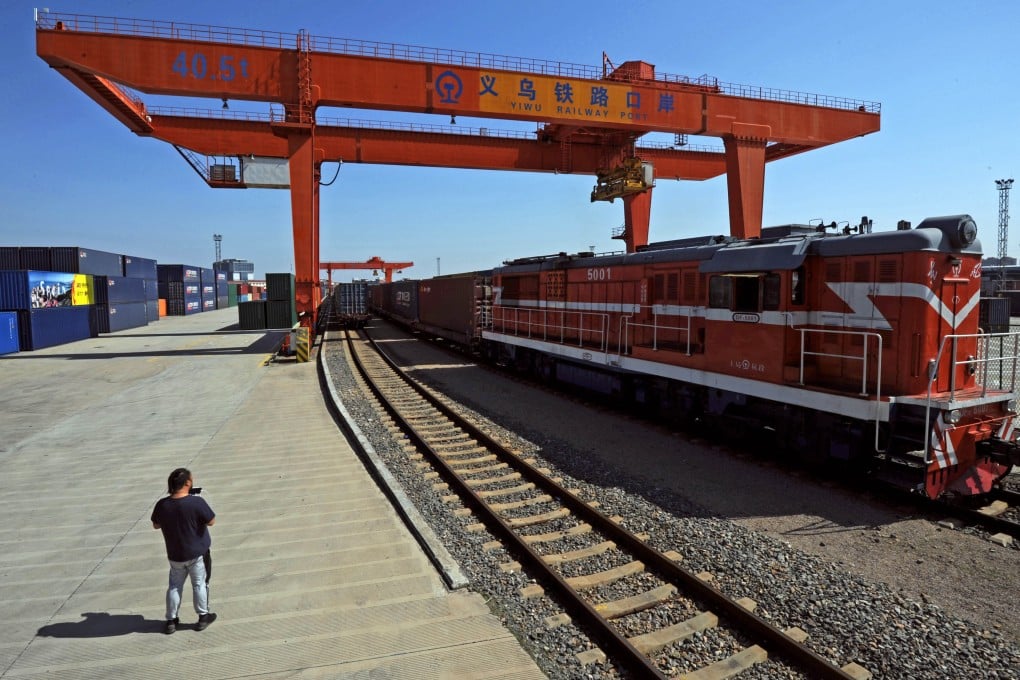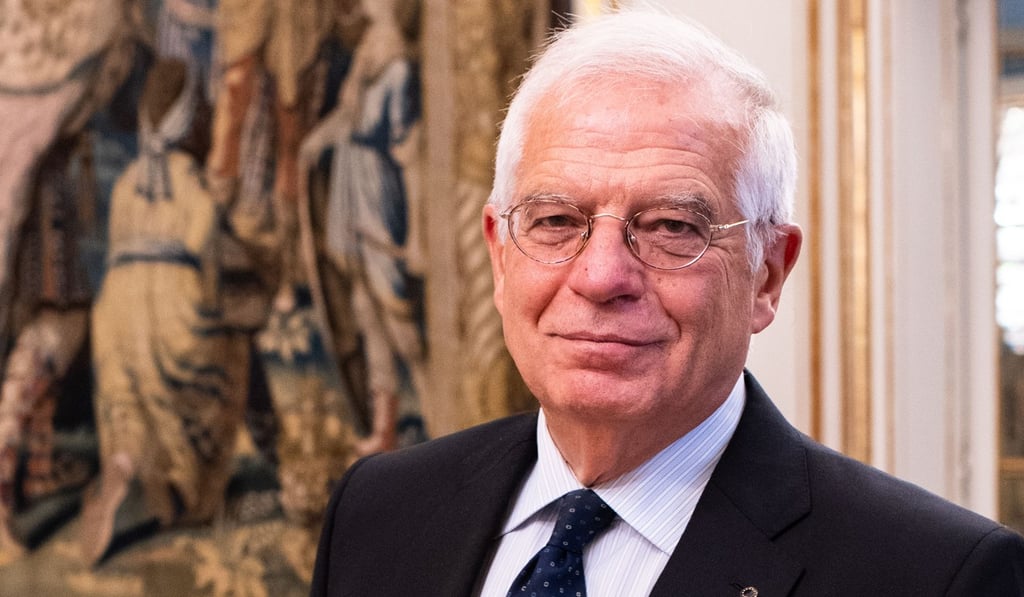Exclusive | Belt and road reflects reality that China is now a world power, Spanish foreign minister says
- But the scheme should stick to key principles including environmental sustainability and a level playing field, according to Josep Borrell Fontelles
- Spain has not joined the belt and road but has cooperated on some projects

Beijing’s global trade and infrastructure scheme reflects the new reality that China is no longer a developing country but a world power, according to Spain’s foreign minister.
“[The belt and road] is proof that China is no longer considering itself a net receiver and starts considering itself a contributor to the world, and this is something Spain welcomes,” Borrell, minister of foreign affairs, the European Union and cooperation told the South China Morning Post.
“This entitles new responsibilities and requires for competitive advantages to be abandoned, as they do not correspond with the new reality of China.”

Borrell, 72, a seasoned Spanish politician and former president of the European Parliament, will attend the Belt and Road Forum that begins in Beijing on Thursday.
He said that while it was too soon to assess the impact of the New Silk Road, the EU shared the US view that China was already a world power, and that European cooperation in the scheme would be based on the premise that certain principles were respected.